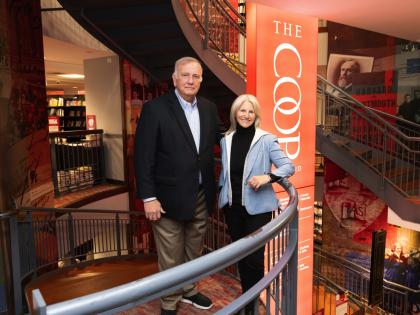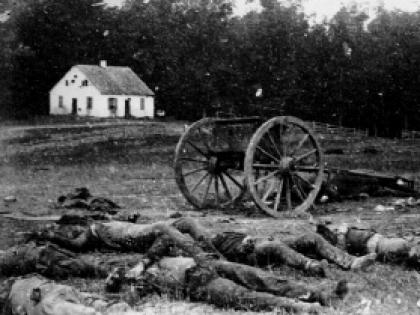1911
Freshman Lionel de Jersey Harvard becomes the first relative of John Harvard to register in the College.
1926
A $10,000 grant from the Studebaker Corporation establishes the Albert Russell Erskine Bureau for Street Traffic Research, headquartered on the top floor of Widener Library.
Certain law students receive a letter of reprimand from Dean Roscoe Pound, reading in part, “You have been reported to me as one of the one hundred or more first-year men who saw fit to drop their work last Saturday by staying away from one of the most difficult courses in the School. You are now listed as prima facie an undesirable student, and from now on your work will be observed.” The delinquents had gone to the Brown game.
1936
Harvard concludes its Tercentenary celebration with a week of festivities; highlights include an address by President Franklin D. Roosevelt ’04. In the midst of the Depression, enrollment in the economics department has increased substantially. A political poll reveals student support for Republican presidential candidate Alfred P. Landon exceeding support for Roosevelt by a slim margin.
1941
A poll of undergraduates conducted by the Bulletin finds that 56 percent feel they should be exempted from military service until graduation.
1951
The Administrative Board refuses to permit women to stay in the Houses until 11 p.m., even though Yale has already extended its curfew to that hour.
1956
UNIVAC, with 7,000 tubes and 500 miles of wiring, comes to Harvard as a gift from Sperry Rand. Among other tasks, the new computer is expected to help translate Russian into English, analyze music, and study production and consumption in the U.S. economy.
1961
The Harvard-Radcliffe Program in Business Administration plans to offer a special program on the “Understanding of Management,” designed to make wives of business executives more aware of the managerial process and give them orientation to some functions of a business organization.
1966
Secretary of Defense Robert S. McNamara, M.B.A. ’39, the first honorary associate of the Kennedy Institute of Politics, is trapped briefly outside Quincy House by antiwar demonstrators seeking a public debate.
1971
The Bulletin reports that the class of 1946, in its reunion survey, has named pollution the most serious problem facing the country.
For the first time, the mothers and fathers of Harvard and Radcliffe students gather jointly for Freshman Parents’ Weekend.
1981
Four-Piece Reclining Figure, by Henry Moore, a major donation to Harvard’s art collection and outdoor landscape from Sandra and David Bakalar ’46, is unveiled near Lamont Library.
1991
The Science Center installs Harvard College
kiosks that offer freshmen a digital version of the calendar of opening days, an online course catalog called FAScat, lists of Cambridge banks, and a map of Harvard and its surrounding “hot spots.”







